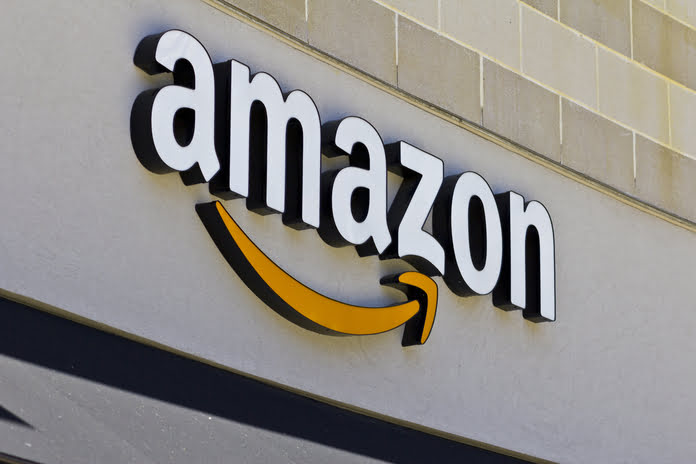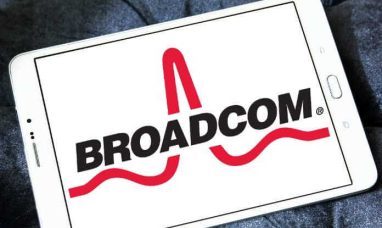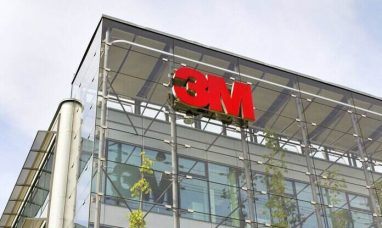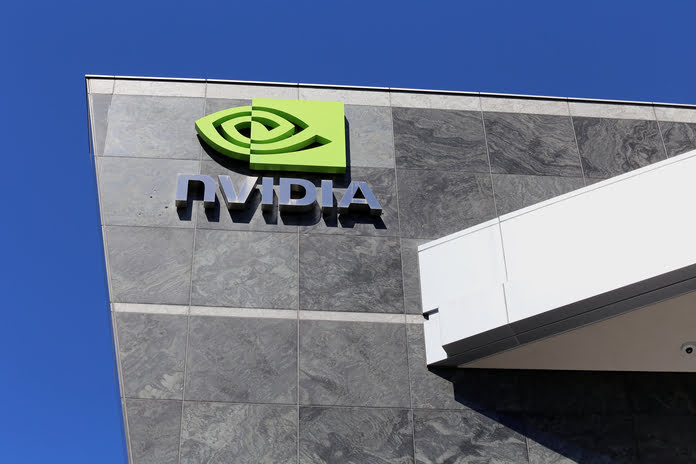An issue that has dogged the company for almost a decade has likely been resolved as CVS Health (CVS stock +3.97%) reported a tentative agreement to settle the thousands of lawsuits it faces from state and municipal governments over its alleged contribution to the opioid epidemic.
CVS (NYSE:CVS) said that it would make a $5 billion payment. The agreement was reached shortly after a federal district judge in August issued a ruling requiring CVS, Walmart (WMT), and Walgreens Boots Alliance (WBA) to pay a total of $650 million to just two counties in Ohio, raising concerns that the company may end up shelling out significantly more money than anticipated.
On a Wednesday conference call, CVS CEO Karen Lynch stated, “This gives us more security. It allows us to put a 10-year-old problem behind us so we can concentrate on our approach.
On Wednesday, Walgreens disclosed a $5 billion settlement of its own, and Bloomberg reports that Walmart also struck a $3 billion settlement. The businesses made no admissions of guilt or wrongdoing. Although Lynch said the business has a “high degree of confidence” that they will, states and local governments still need to approve the CVS purchase.
Shares of CVS increased by 3.2% on Wednesday after reaching a peak of 5% in premarket trading. Additionally, the business revealed third-quarter earnings that exceeded Wall Street forecasts.
The company’s adjusted profits per share were $2.09 on revenue of $81.2 billion, comfortably exceeding Wall Street’s expectations. According to FactSet’s survey of analysts, EPS of $2 and sales of $76.7 billion were the consensus estimates. Additionally, CVS (CVS stock) increased its full-year EPS prediction from $8.40 to $8.60 to a range of $8.55 to $8.65.
According to Lynch, “We delivered another fantastic quarter and have lifted full-year forecast as a result.” “We are continuing to implement our strategy with an emphasis on enhancing our capabilities in the delivery of healthcare, and the recently announced acquisition of Signify Health will further deepen our relationship with consumers,” the company said.
In a securities filing on Wednesday, CVS additionally revealed that it had decided to sell Omnicare. This company offers pharmaceutical services to long-term care institutions. In 2015, Omnicare was purchased by CVS for $12.9 billion. CVS stated that Omnicare “was no longer a strategic asset” in its petition. The business reported a $2.5 billion loss on assets held for sale, stating that it had been found that Omnicare’s carrying value was higher than its fair value.
In total, the write-down of Omnicare and the opioid settlement led to a $3.9 billion operating loss for the quarter, below the forecasted gain of $4.1 billion.
Shawn Guertin, the company’s CFO, stated during a morning investor call on Wednesday that it is striking a balance between fulfilling earnings growth targets and its aggressive commercial development objectives. Aetna, a CVS subsidiary, offers several Medicare Advantage plans. The Centers for Medicare and Medicaid Services’ decision to lower the quality ratings for those plans has resulted in an earnings shortfall for 2024 that the company would need to make up to meet its target for growth in earnings per share. Because of the lower ratings, Aetna won’t get the bonus money it would have otherwise obtained from CMS in 2024.
Guertin stated that the company might repurchase CVS stock to meet the profit targets set by the firm last year, but the company also plans to seek M&A.
The company has also presented aggressive commercial development ambitions, stating that one of its objectives is to buy a primary care provider. Guertin stated that CVS would keep using that tactic.
Guertin stated that while share repurchases may not produce the same adjusted EPS accretion in 2024, strategic capital deployment “may further our care delivery plan and help sustainably accelerate the adjusted EPS growth rate of CVS Health.”
Guertin stated that the specifics would depend on the contract that is reached. Guertin stated, “If we don’t have the transaction, then we will continue with repurchase and as we march toward accomplishing those objectives.
Featured Image – Freepik © zinkevych














